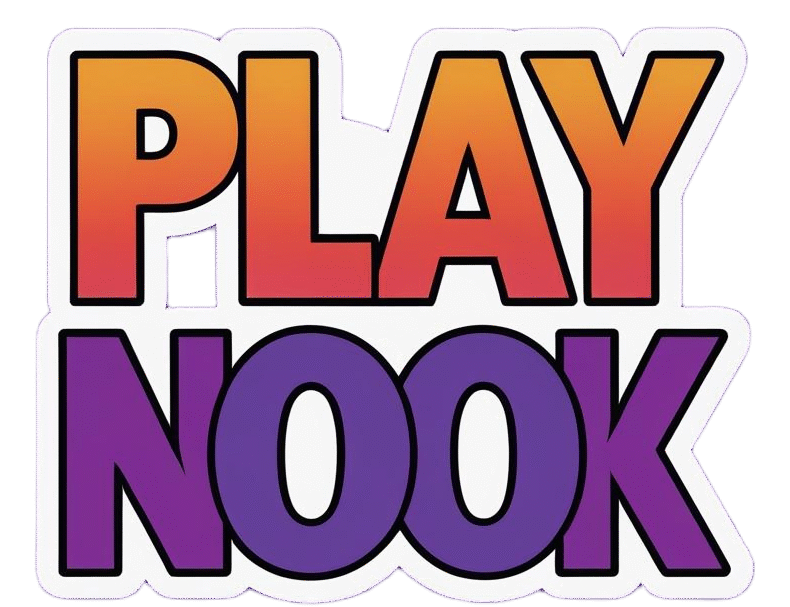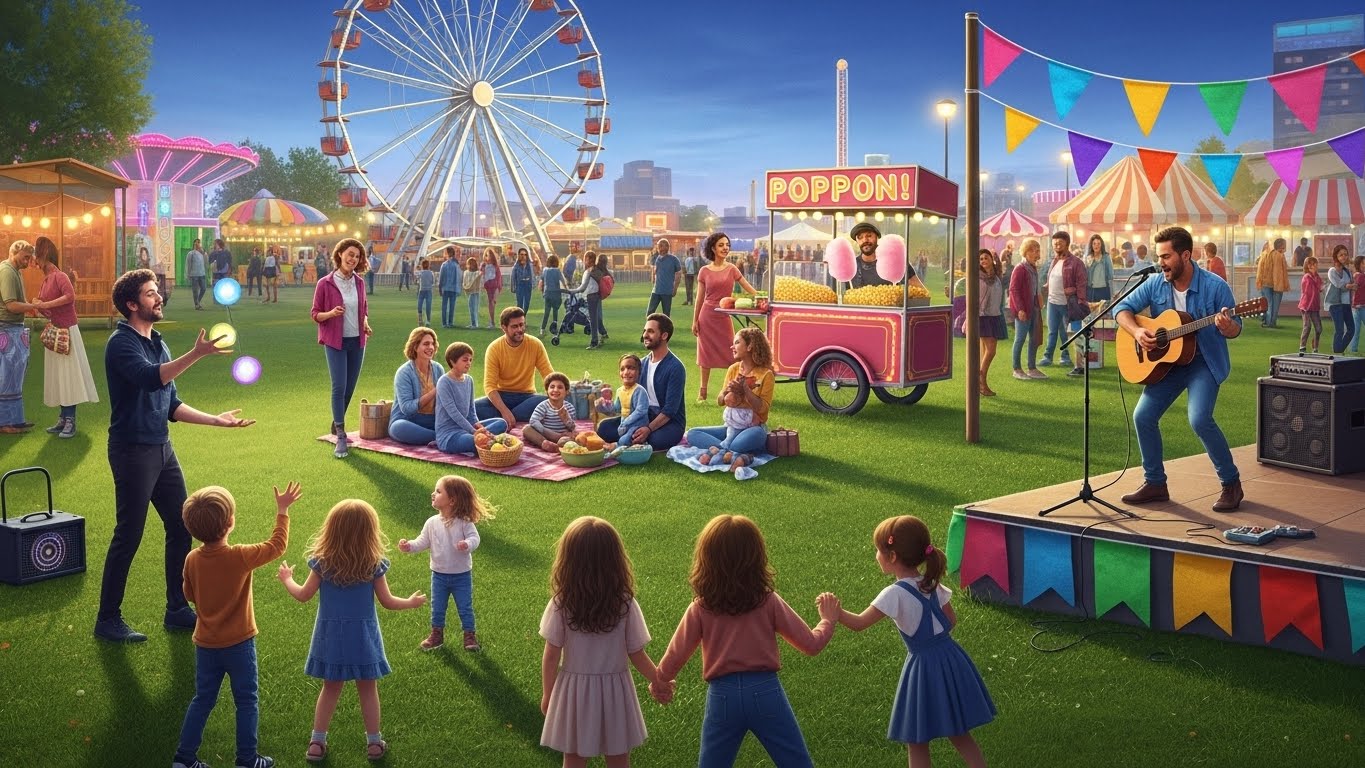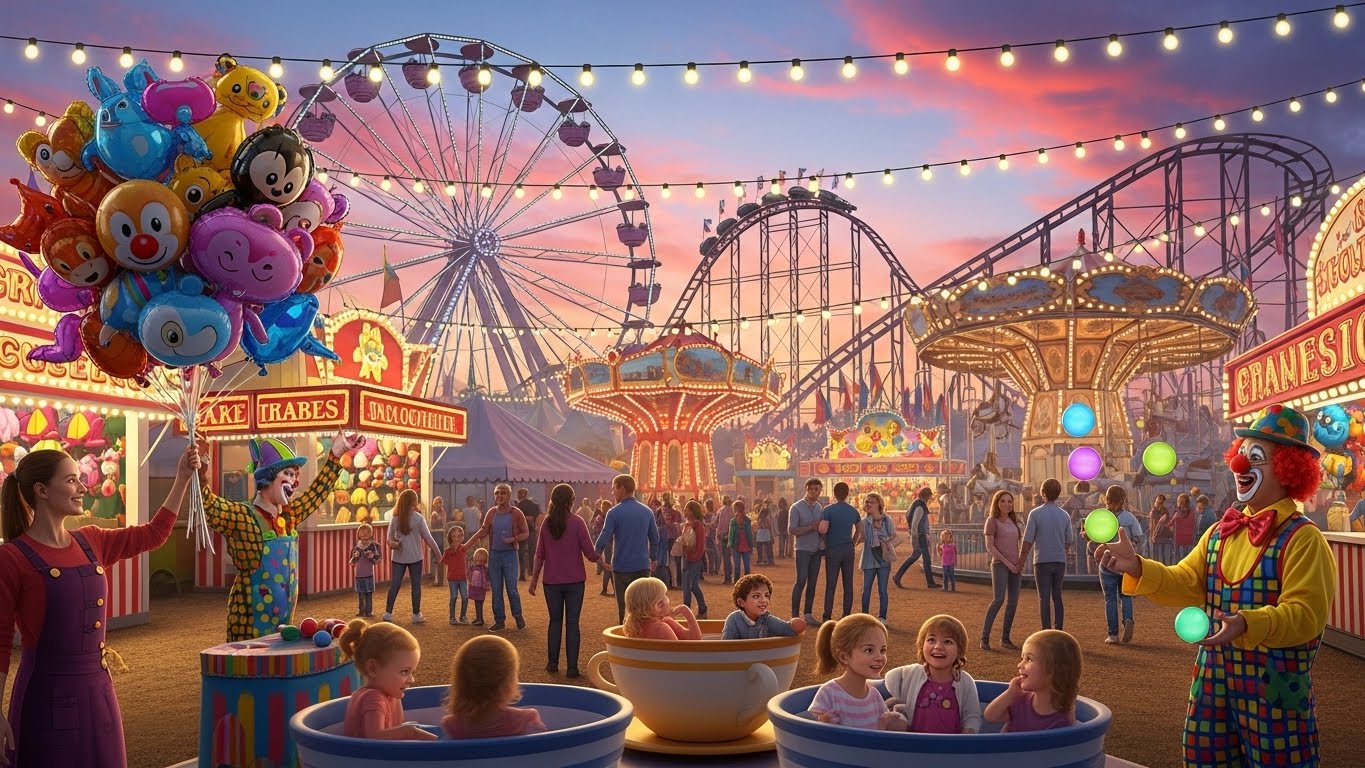In the past decade, the world of entertainment has undergone a massive transformation. While traditional media like television and cinema once dominated the landscape, a new form of digital content creation has emerged, capturing the attention of millions worldwide: live streaming. Central to this revolution is Twitch, a platform that has redefined the way we consume content, interact with creators, and even shape popular culture. From humble beginnings to becoming a multi-billion-dollar ecosystem, Twitch has had a profound impact on the gaming world, internet culture, and the concept of celebrity itself.
The Birth of Live Streaming and Twitch
Live streaming as a concept has existed in various forms since the early days of the internet. Platforms like Justin.tv and Ustream offered users the ability to broadcast themselves in real time, but these services were niche, often plagued by technical limitations and fragmented audiences. Justin.tv, launched in 2007, allowed anyone to broadcast their daily life, but the platform didn’t yet have the focus or structure to attract mass audiences.
In 2011, Justin.tv pivoted its focus to gaming content and rebranded the service as Twitch. This strategic decision proved pivotal. By focusing on gaming, Twitch tapped into a highly engaged and rapidly growing audience of players, esports enthusiasts, and content consumers. Gaming, which had long been marginalized in mainstream media, suddenly found a platform that celebrated its culture, creativity, and community.
Twitch as a Cultural Phenomenon
Twitch is more than just a platform for watching people play video games. It has become a cultural phenomenon that encompasses a wide array of content types, including music, cooking, art, talk shows, and even political commentary. Streamers have transformed the notion of audience engagement by creating a two-way interaction model where viewers can communicate directly with creators through chat, donations, and subscriptions.
This interaction is a defining feature of Twitch. Unlike television or pre-recorded YouTube videos, Twitch allows audiences to influence content in real time. Streamers respond to comments, participate in challenges suggested by viewers, and create a shared sense of community. The platform has turned passive viewership into active participation, fostering a sense of belonging and loyalty that traditional media rarely achieves.
The Economics of Streaming
The rise of Twitch has also revolutionized the economics of content creation. Streamers earn revenue through multiple channels, including subscriptions, donations, sponsorships, and ad revenue. Subscription models allow fans to financially support their favorite creators on a monthly basis, often unlocking exclusive content, emotes, or chat privileges. Donations, often referred to as “tips,” provide a direct way for viewers to contribute, frequently accompanied by personalized messages or challenges for the streamer.
Sponsorships and partnerships with brands provide another lucrative avenue for top creators. Companies recognize the value of Twitch’s highly engaged audience and often collaborate with popular streamers to promote products, services, or games. This integration of commerce and content has created a new career path for digital entertainers, allowing talented individuals to earn a living purely from their presence on the platform.
How Twitch Redefined Gaming
Twitch has fundamentally altered the gaming landscape. In the past, video games were primarily experienced individually or in small social groups. Today, games are a form of entertainment that can be broadcasted to millions, turning gameplay into a spectator sport. Titles like Fortnite, League of Legends, and Among Us became cultural touchstones not only for players but also for viewers who watched tournaments, casual streams, and collaborative events.
Esports, or competitive gaming, has also benefited enormously from Twitch’s growth. Professional gaming competitions that were once niche now attract tens of thousands of live viewers and millions online. Twitch provides the infrastructure and audience necessary to support these events, bringing legitimacy and visibility to professional gaming. As a result, esports athletes are gaining recognition akin to traditional sports stars, complete with sponsorship deals, merchandise, and international fanbases.
The Rise of the Streamer as a Celebrity
Twitch has created a new breed of celebrity: the streamer. Unlike traditional celebrities, streamers often build their fame through personality, consistency, and authenticity rather than conventional media exposure. Figures like Ninja, Pokimane, xQc, and Shroud have become household names, commanding audiences that rival or surpass traditional television viewership.
What sets Twitch celebrities apart is their direct engagement with fans. Streamers often share personal stories, thoughts, and experiences in real time, creating a sense of intimacy and relatability. Unlike actors or musicians who may seem distant or untouchable, streamers interact with their audiences daily, forging strong parasocial relationships that enhance loyalty and engagement. This dynamic has reshaped the concept of fame and influenced how younger generations perceive celebrity culture.
Twitch Beyond Gaming
While gaming remains Twitch’s core focus, the platform has expanded into other forms of content, further broadening its cultural impact. Categories like Just Chatting, Music, Art, and Food have given rise to diverse communities that thrive outside the gaming sphere.
Just Chatting streams, for example, allow creators to interact directly with viewers on a wide range of topics, from lifestyle advice to social commentary. Music streams feature live performances, beat-making sessions, and collaborations between artists and fans. Creative streams showcase painting, digital art, and DIY projects, demonstrating that Twitch is a platform where talent of all kinds can find an audience. This diversification has helped Twitch remain relevant and adapt to changing viewer preferences over time.
The Social Aspect of Twitch
A crucial factor in Twitch’s success is its social dimension. Unlike traditional media, Twitch thrives on interaction and community building. Streamers often develop tight-knit communities, giving viewers a sense of belonging and shared identity. These communities often extend beyond the platform, with Discord servers, social media groups, and fan meetups enhancing the communal experience.
The chat function is central to this social dynamic. Real-time communication between viewers and streamers allows for spontaneous jokes, discussions, and challenges that make each stream unique. The platform also incorporates features like emotes and badges that foster a sense of membership and participation, further strengthening the bond between content creators and their audiences.
Twitch and Internet Culture
Twitch has also become a driving force in internet culture. Memes, catchphrases, and viral moments often originate on the platform, spreading rapidly across other social media channels. The culture of Twitch, with its unique blend of humor, creativity, and interactivity, has influenced trends in gaming, music, fashion, and online communication.
Events such as charity streams, collaborative gaming marathons, and in-platform challenges often gain mainstream attention, demonstrating Twitch’s ability to shape cultural narratives. The platform has become a space where creativity, humor, and social interaction intersect, amplifying its influence beyond its immediate audience.
Challenges and Controversies
Despite its successes, Twitch has faced numerous challenges and controversies. Issues such as harassment, copyright enforcement, and moderation difficulties have occasionally overshadowed the platform’s achievements. The live nature of streaming makes it inherently difficult to regulate content, and Twitch has struggled to balance free expression with community safety.
Additionally, the competitive environment can take a toll on streamers’ mental health. The pressure to maintain viewership, produce daily content, and manage online interactions has led to burnout for many creators. Twitch continues to evolve its policies and support systems to address these concerns, but the challenges of live streaming remain complex and ongoing.
The Future of Twitch and Streaming
The future of Twitch and streaming is both exciting and uncertain. As technology advances, features like augmented reality, virtual reality, and improved interactivity could transform live streaming into even more immersive experiences. Twitch’s competition with platforms like YouTube Gaming, Facebook Gaming, and TikTok Live ensures that innovation will remain a priority.
The role of streamers is also evolving. As audiences diversify and content categories expand, creators are finding new ways to monetize and engage with fans. Collaborative content, brand partnerships, and cross-platform integration are likely to shape the next era of streaming, further solidifying Twitch’s influence in digital entertainment.
How Twitch Changed Entertainment
Ultimately, Twitch has changed the game by redefining what it means to consume and create content. It has shifted power from traditional media corporations to individual creators, empowering people to build careers, communities, and cultures around their passions. Twitch has blurred the lines between entertainment, social interaction, and commerce, creating a dynamic ecosystem where viewers are not just passive consumers but active participants.
The platform has also demonstrated the value of authenticity and personality in content creation. Streamers succeed not just because of their skill in games or performance, but because they connect with audiences on a personal level. This human-centric approach has influenced broader trends in media, marketing, and celebrity culture.
Conclusion
The rise of streamers and the impact of Twitch are undeniable. From its origins as a niche gaming platform to its current status as a cultural powerhouse, Twitch has transformed the way we engage with content, interact with creators, and define digital fame. By fostering communities, enabling careers, and shaping internet culture, Twitch has fundamentally changed the entertainment landscape.
As streaming continues to grow, it will be fascinating to see how Twitch adapts, innovates, and influences the next generation of creators and viewers. The platform’s story is not just about technology or gaming—it is about connection, creativity, and the enduring human desire to share experiences in real time. Twitch has proven that in the digital age, the future of entertainment is not just watched—it is lived.



